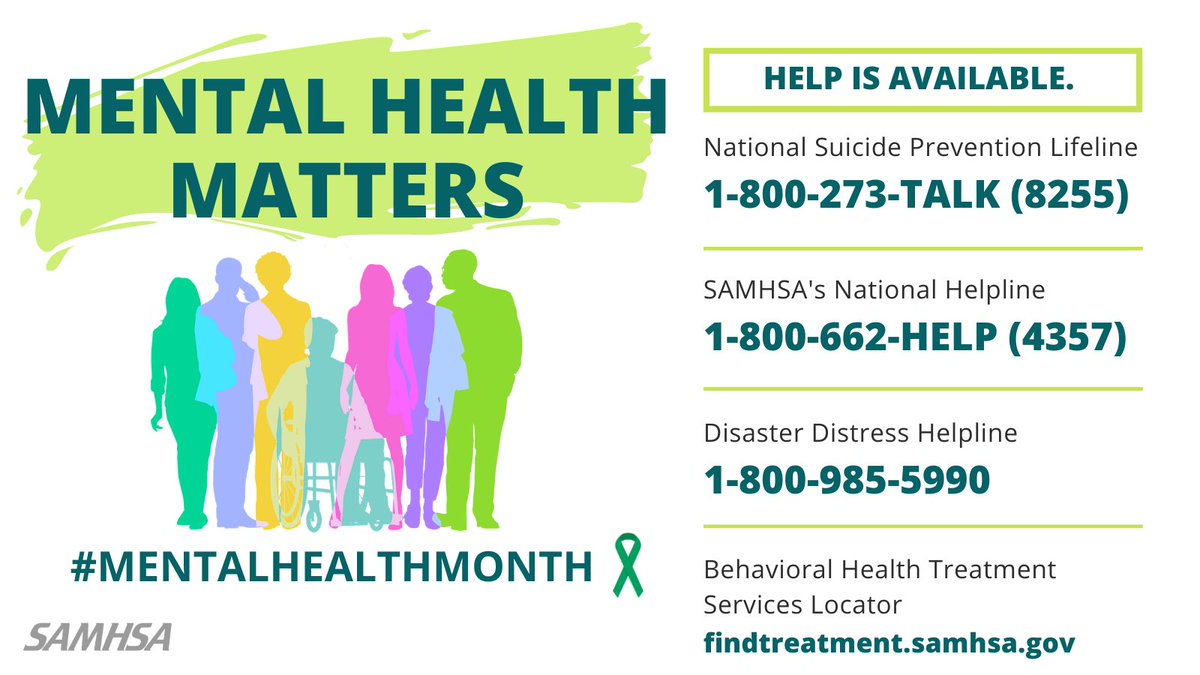Communities of color are often criminalized for their drug use. In the Derek Chauvin murder
trial, the defense attributed George Floyd’s death in part to his substance
abuse. But the frank manner in which Floyd’s drug use was discussed in court
has helped break down the stigma of addiction. —
Feven Gerezgiher reports:
In the Derek Chauvin murder trial, the defense attributed George Floyd’s death in part to his substance abuse. Allie Carey is with the Steve Rummler HOPE Network. She says communities of color are often criminalized for substance use.
“It can still come as a surprise sometimes, the degree to which substance use continues to be framed as a personal choice, a personal failing, a moral failing, and used to justify a huge range of outcomes for the people who get impacted by it,” says Carey.
Despite this, Angela Reed says over the last year she has seen more people under the age of 25 seeking treatment for addictions. Reed is with Turning Point, an established North Minneapolis treatment center where George Floyd was once a client. She says the past year has brought open conversations around addiction.
“The way they did the trial, the way they talked about it openly right from the get go, that helped people also really understand and normalize what addiction is,” said Reed. “I mean, addiction is related to a medical condition, and there are a lot of factors that lead to people’s drug use. And so to hear [witnesses say] that, you know, the death of his mother really triggered him.”
Reed says the best way to address substance abuse – and related violence – is to provide holistic social services.
“With African Americans, you might have someone who uses and their triggering factor might be, at the last week of the month, ‘I never have food for my kids,’” says Reed. “Or their trigger might be ‘I’ve worked 12 hours, I need to come home and cook, I need that extra energy.’ We call those the impacting factors, why we use, we’ll use, because we’re dealing with trauma.”
Reed says whether for prevention or in treatment, community support is important for success.
For the Racial Reckoning Project, this is Feven Gerezgiher.
October is National Substance Abuse Awareness and Prevention Month.
Subscribe to hear Daily Updates in your podcast feed
- Potter Found Guilty in Death of Daunte WrightAfter three days of deliberation a jury found former Brooklyn Center police officer Kimberly Potter guilty of two counts of manslaughter in the death of Daunte Wright. Feven Gerezgiher reports
- Potter Jury Continues DeliberationsAs jury deliberation continues in the Kim Potter trial, many are evaluating the state of racial justice in Minnesota. We talk to former Hennepin County Chief Public Defender Mary Moriarty. Chioma Uwagwu reports
- Kim Potters’ TearsKim Potter’s crying in court is more than an expression of remorse; it’s part of a history of white women weaponizing their tears against people of color. Tiffany Bui reports.
- Jury Deliberations Underway in Potter TrialThe state’s prosecution and the defense made their closing arguments Monday. Georgia Fort reports.






1 comment
Comments are closed.